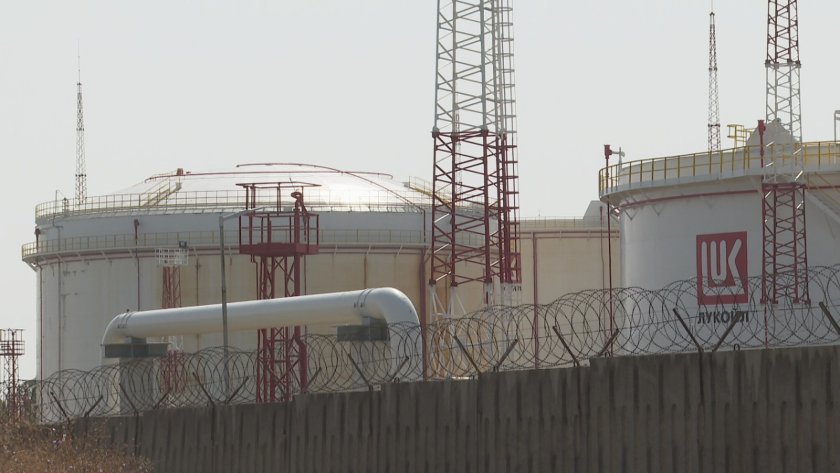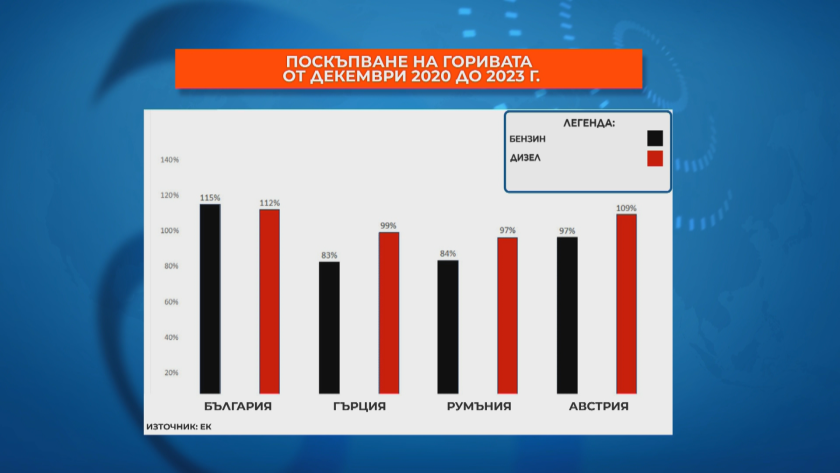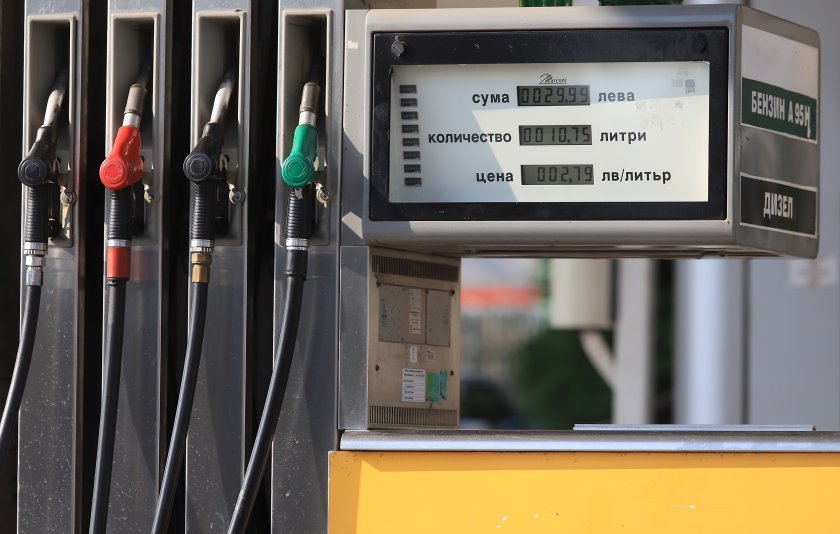The derogation for import of Russian crude oil has no impact on fuel prices, experts say

The derogation that Bulgaria enjoys for importing and processing Russian oil does not affect the prices at petrol stations. They are set on the market principle, experts explain.

"Lukoil imports Russian oil to Burgas, if it sells it somewhere else, if there is such a possibility, it would take 40 or 50 dollars while at Burgas refinery, the price of the raw material that can be alternatively imported would cost more - for example 90 dollars per barrel if it is not from Russian oil. That potential profit stays with Lukoil. This is in fact the difference that last year, when the state asked for an exemption for us to import Russian oil, the government hoped to pass on to the price for Bulgarian consumers. That is, having this price difference, which is not small, was expected to have led to lower retail fuel prices for the population, but this is not happening," said Nikola Yankov, former deputy economy minister.
The reason this is not happening is that there is no mechanism for a private company to sell cheaper and deprive of its profits. At the same time, the dynamics of Russian crude oil quotations over the past three years compared to fuel prices in the country show that they were moving in sync until the start of the war in Ukraine.

"After that, a scissors opens up, in which we see that the difference is increasing and if we compare against the beginning of 2021, Ural is about 60% more expensive, while prices at the domestic market are over 100% higher. This difference is obviously a higher profit for whoever has access to Russian oil," said Lachezar Bogdanov, chief economist at the Institute for Market Economics.

A comparison with neighbouring countries also shows a visible difference in fuel prices over the three-year period.
"If we take 2021 as a base year, we will see that in Bulgaria the prices of both petrol and diesel have risen by more than 110%, i.e. more than twice, while in Romania, Greece, Austria, from where Bulgaria has imported oil and have similar markets, the increase is within 85 - 108 - 109%, i.e. there is also an increase for this period, but not to such a large extent. These countries do not use derogation, i.e. they obviously buy the oil at Brent quotes," explained Lachezar Bogdanov, chief economist at the Institute for Market Economics.

The reason fuel in Bulgaria is among the cheapest in the EU is low taxes and excise duties, not the use of cheaper Russian oil. That is why the analysts make the comparison before taxing them and point out that the derogation will not benefit our country, nor will it lead to a surge in prices.
"Bulgaria suffers adverse effects from the fact that we are a backdoor country to the EU for importing Russian fuels. The normal would be to gain something from this. There is no compensation scheme between Lukoil and the government - we gave them the right to make an awful lot of extra money from this derogation - as consumers or as a state budget, we have seen no benefit from these excess profits, which some people say it reaches BGN 3 billion a year. The price won't go up if we process non-Russian oil because we already pay the price of the processed fuel from non-Russian oil that comes in as imports and in fact about 40% of the fuel that is available in Bulgaria is imported," said Nikola Yankov, former deputy minister of the economy.
Images by BGNES archive
Is Bulgaria’s Lukoil Neftochim skirting around EU’s Russian oil embargo? (summary)
Get the latest news wherever you are!
Follow us on
Facebook
and
Instagram
Follow BNT’s YouTube channel
You can now also watch us on
TikTok
Find us on
Google News























